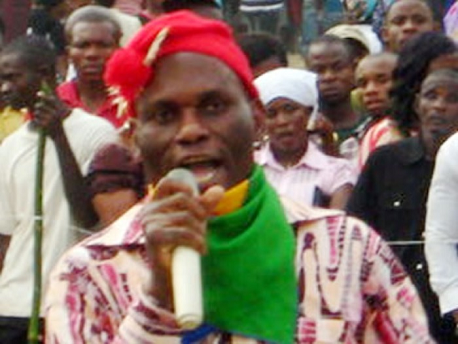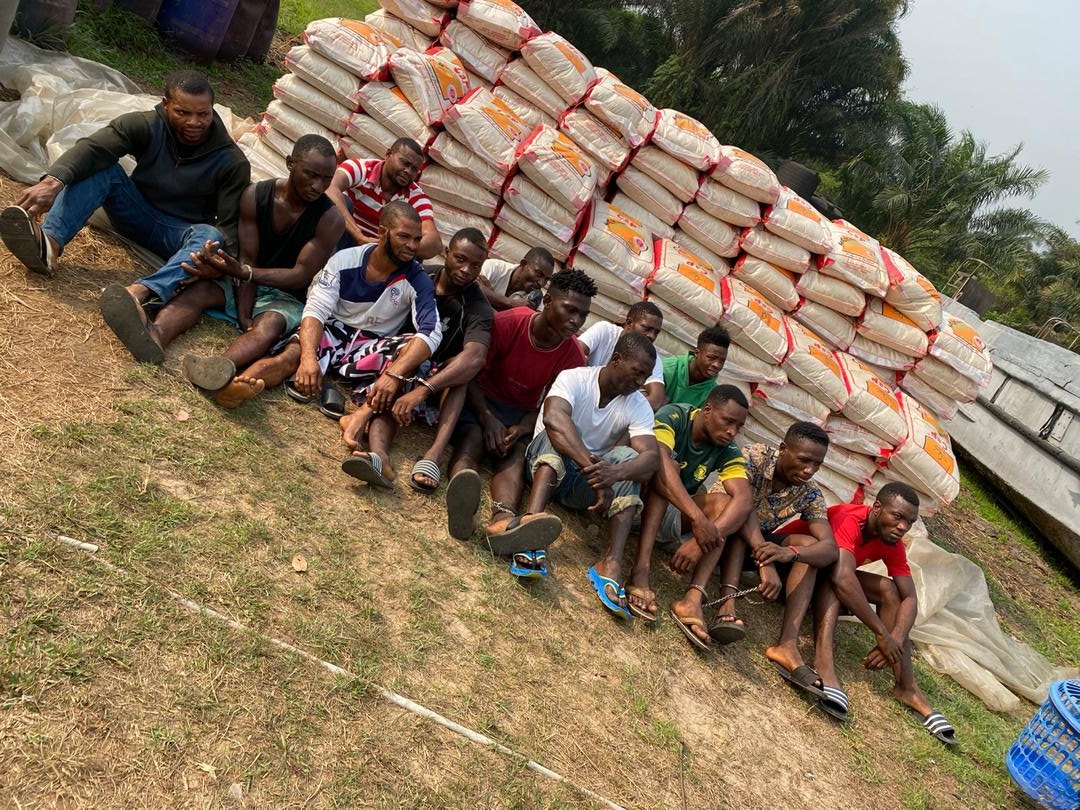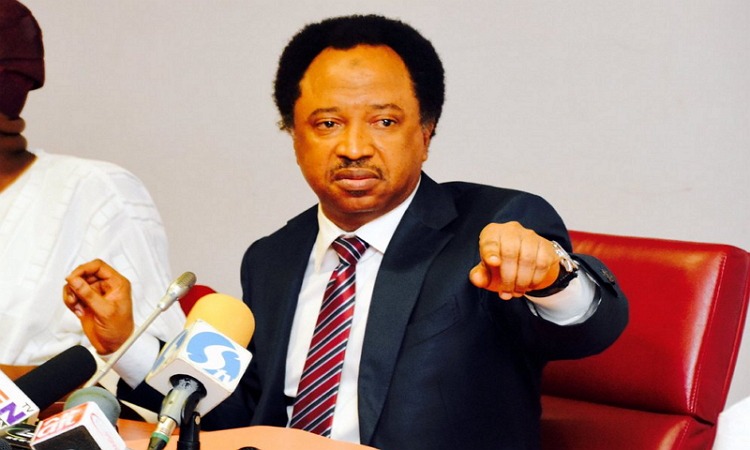Ogoni activist says MOSOP abolished, warns against impostors

The President, Ogoni Central Indigenous Authority (OCIA), Dr. Goodluck Diigbo, has said that the Movement for the Survival of Ogoni People (MOSOP) has been abolished, warning the public against impostors.
Diigbo gave the warning as the people marked the 27th Ogoni Day in Bori, Khana Local Government Area of Rivers.
He said that MOSOP, having achieved its primary objective, has currently been abolished to pave way for an autonomous body that would oversee the implementation of MOSOP’s demand as a collective concern of the Ogoni people.
Diigbo urged government at all levels and the international community to disregard any person or group parading as MOSOP as they were only using the platform for selfish gains.
“MOSOP is only a vehicle used by the Ogoni people to project their quest for self-government/resource control in Ogoniland.
The fact that the MOSOP’s struggle has been able to bring Ogoni to the limelight, especially as regards the demand for the clean-up as well as other demands to better the lot of the Ogoni people, the agenda of MOSOP is adjudged fulfilled.
“On August 2, 2012, Ogoni people decided to press home a major demand by MOSOP which is ‘self-government’ within the framework of our country, Nigeria, and based on that demand the Ogoni Central Indigenous Authority (OCIA) was formed.
“I was elected president of OCIA because I’m a lover of the Ogoni struggle and close confidant of the late Ken Saro-Wiwa our seasoned activist, and I look forward to tackling the challenge of resource control which is the main agenda of the Ogoni struggle.
“I will ensure that this body overrides the powers of some Ogoni politicians and brothers who are presently enriching themselves through the Ogoni struggle rather than protect the interest of the people.
“As I speak, some Ogoni politicians and sections of Ogoni people have sabotaged the United Nations Environment Programme (UNEP) report implementation in Ogoniland.
“In fact, there is no testimony on ground in Ogoni as regards Ogoni Clean-up and several sums of money associated with it,” he said.
Diigbo also said that for the UNEP report implementation to be achieved, there was an urgent need for a thorough review of the report and a robust stakeholders’ engagement in the entire process.








